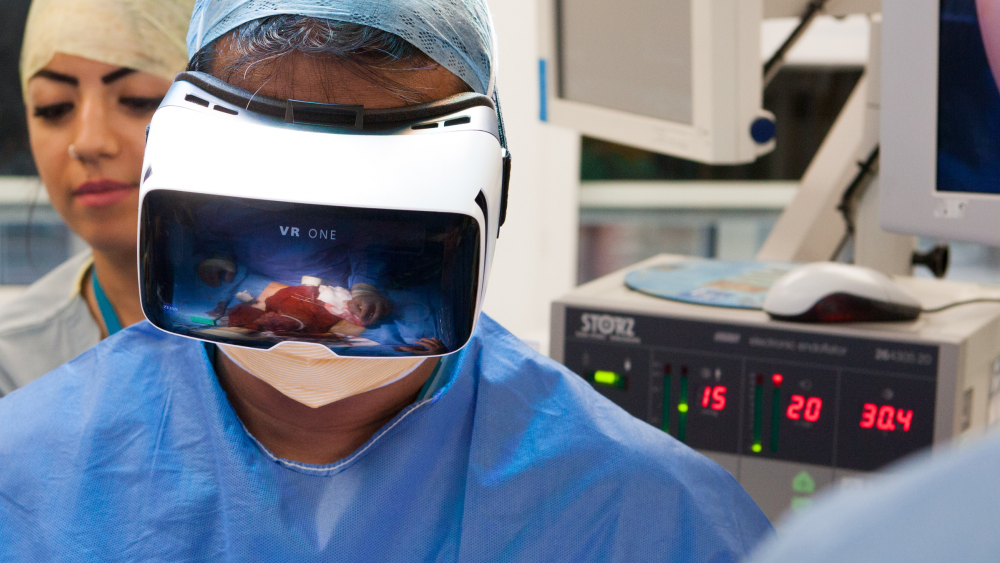Researchers from Xerox and the University of Rochester tap into mobile health with videoplethymography—a simple webcam-based video test to detect atrial fibrillation.
Scientists from the University of Rochester School of Medicine and Dentistry and Xerox Corporation have used mobile health to develop an easier way to monitor and detect atrial fibrillation using videoplethymography. It’s a fancy term for the use of a webcam and an intelligent software algorithm to detect this common cardiac abnormality.
What is atrial fibrillation?
Atrial fibrillation—also referred to as A-fib—is a condition wherein the heart rate may be too fast or too slow, and the normal electrical impulses generated in the heart are disturbed—causing the upper and lower chambers of the heart to beat out of sync. It is associated with many heart-related abnormalities—such as chest pain, fainting, palpitations, arrhythmia, coronary artery disease (CAD), valvular heart disease and congestive heart failure.
Individuals with atrial fibrillation are five times more likely to suffer a stroke, and the degree of risk could increase further in the presence of additional risk factors such as high blood pressure. With nearly 33.5 million people—or 0.5% of the world population—suffering from atrial fibrillation, it is considered to be a global epidemic.
Since the symptoms of atrial fibrillation are often missed, it remains undiagnosed in many people. It’s estimated that about 30% of the people who have atrial fibrillation are unaware of it. However, once detected, the condition can often be treated using medication to significantly reduce the risks of heart failure and stroke.
How can a webcam diagnose atrial fibrillation?
A typical diagnostic evaluation for atrial fibrillation includes a physical examination and electrocardiogram (ECG) initially, with additional laboratory studies and testing often performed. But a new technology proposed by the researchers from Xerox and the University of Rochester can identify the abnormality by using webcams to capture subtle changes in skin color caused by uneven blood flow.
In a research paper in Heart Rhythm, the team published the results of a pilot study proving the feasibility of this concept. “This technology holds the potential to identify and diagnose cardiac disease using contactless video monitoring,” said Jean-Philippe Couderc, Ph.D., a researcher with the University of Rochester Medical Center's Heart Research Follow-up Program. “This is a very simple concept, but one that could enable more people with atrial fibrillation to get the care they need.”
All the subject has to do is sit still for 15 seconds in front of a camera. The sensors in the digital cameras are designed to identify three colors: red, blue and green. Hemoglobin in the blood absorbs more of the green spectrum than the other two, allowing the sensors to record subtle changes in the amount of light absorbed or reflected due to the uneven flow of blood caused by atrial fibrillation.
When patients were hooked up to an ECG monitor during the recordings, changes that were detected in skin color by the Xerox algorithm were found to mirror the irregular rhythm on the readout—confirming atrial fibrillation.
How accurate are the results?
Using this video monitoring technology—dubbed videoplethymography—researchers have been able to identify people with atrial fibrillation with an error rate of 20 percent, in comparison to the 17 to 29 percent error rate of automated ECG measurements.
Couderc believes that this error rate can be lowered further using higher resolution cameras and better image stabilization technology. “This study was intended to be a proof of concept and, as is the case with many new technologies, we believe that we can significantly improve its accuracy and the usability.”
Authors of the paper believe that given the contactless nature of the technology, and ubiquitous proliferation of webcams, this could be a cheaper, better and faster way to identify people with this disorder so they can take appropriate steps to deal with the condition. The applications for mobile health continue to expand, and the detection of atrial fibrillation using videoplethymography is yet another example.
Log in or register for FREE for full access to ALL site features
As a member of the nuviun community, you can benefit from:
- 24/7 unlimited access to the content library
- Full access to the company and people directories
- Unlimited discussion and commenting privileges
- Your own searchable professional profile


.jpg)








.jpg)
